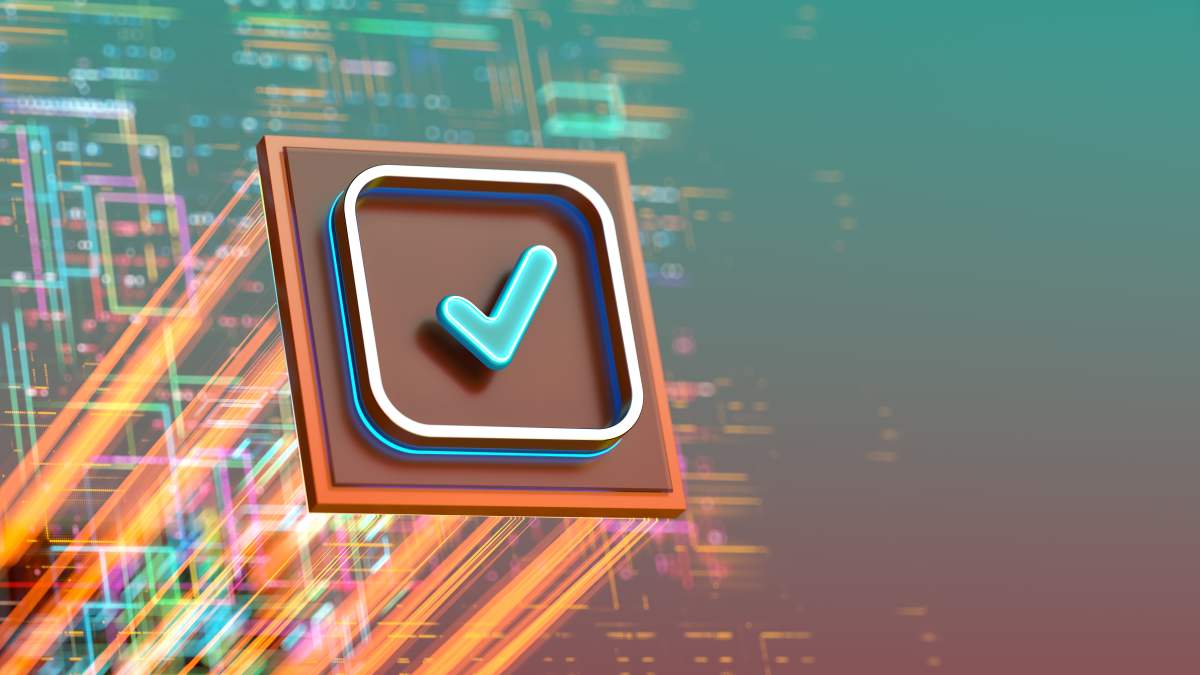Why the web-hosting industry needs a trust seal

Every day, billions of people place their trust in websites they know little about. Behind each one is a hosting provider, but not all of them play by the same rules.
Traditionally, privacy policies let web visitors understand how their data would be handled, and SSL (Secure Sockets Layer) certificates ensured their connection was encrypted. Those safeguards were once sufficient. Today, they are not.
The online threat landscape is evolving at the speed and scale of AI development, and many on the front lines are unprepared. A recent survey of 600 enterprise IT leaders found that just 10% of respondents were very confident in their ability to address AI-enabled attacks targeting their organizations.
Before AI, cyberattacks were primarily rule-based, scripted, and manually executed. These attacks now deploy everything from deepfake phishing calls to automated vulnerability scanning. AI has enhanced their scale, personalization, and automation, making them easier to adapt and harder to detect. That should alarm us all.
This isn’t only about evolving to meet technological advancements — it’s also about trust. Consumers and businesses alike must be able to identify which providers meet high standards for transparency, reliability, and accountability. Without that clarity, they are left in the dark, unable to make informed choices about who they rely on to keep their digital lives safe. In an era of relentless cyberattacks, the internet needs a higher standard to safeguard not just websites, but the very trust that keeps the entire system running.
That’s why the Secure Hosting Alliance (SHA) is introducing the SHA Trust Seal. The seal sets a clear bar for providers by demanding transparency, accountability, and resilience. Certified hosts commit to offering fair and understandable terms of service, with no hidden surprises. They act quickly and responsibly when their infrastructure is misused, maintain reliable and resilient services through proactive monitoring and recovery planning, and handle government requests with documented, lawful processes that respect privacy and due process. Most importantly, they commit to ongoing accountability.
In recent years, transparency has become a cornerstone of the larger cybersecurity community, with companies expected to back up their claims through independent audits, public disclosures, and measurable outcomes. Trust seals are already standard in industries like e-commerce, finance, and health care, where sensitive information is exchanged and verified authentication is essential. Given that the web-hosting industry is part of the internet’s critical infrastructure, it too deserves a clear symbol of trust. The SHA Trust Seal delivers exactly that, translating providers’ promises from words on a website into commitments that can be verified against clear, rigorous standards.
The Trust Seal also reflects a larger shift in how the industry tackles problems. Instead of every company responding in isolation, SHA works with partners such as the Malware and Mobile Anti-Abuse Working Group (M3AAWG) and the Anti-Phishing Working Group (APWG) to build common approaches for preventing cybercrime, improving incident response, and reducing misuse of hosting resources. By creating consistent expectations across providers, the seal helps establish a baseline for what responsible stewardship of the internet should look like.
The stakes are high. From ransomware to supply chain breaches, hackers increasingly target the companies behind the websites we use every day. Earlier this year, Cloudflare blocked a record-breaking distributed denial-of-service (DDoS) attack of 7.3 terabits per second — the largest in history. Attacks like this strike at the very infrastructure of the internet, yet most consumers remain unaware of how fragile that foundation can be.
This lack of visibility is exactly why a trust seal is needed. The SHA Trust Seal is more than just a badge — it’s a promise. It gives responsible providers a way to make their commitments visible, reassuring customers, elevating industry standards, and strengthening the foundation of a safer internet. By embracing a trust seal, the web hosting industry can transform security from a hidden feature into a visible standard.
Christian Dawson is the co-founder of the Internet Infrastructure Coalition (i2Coalition)and the Coalition on Digital Impact (CODI).






